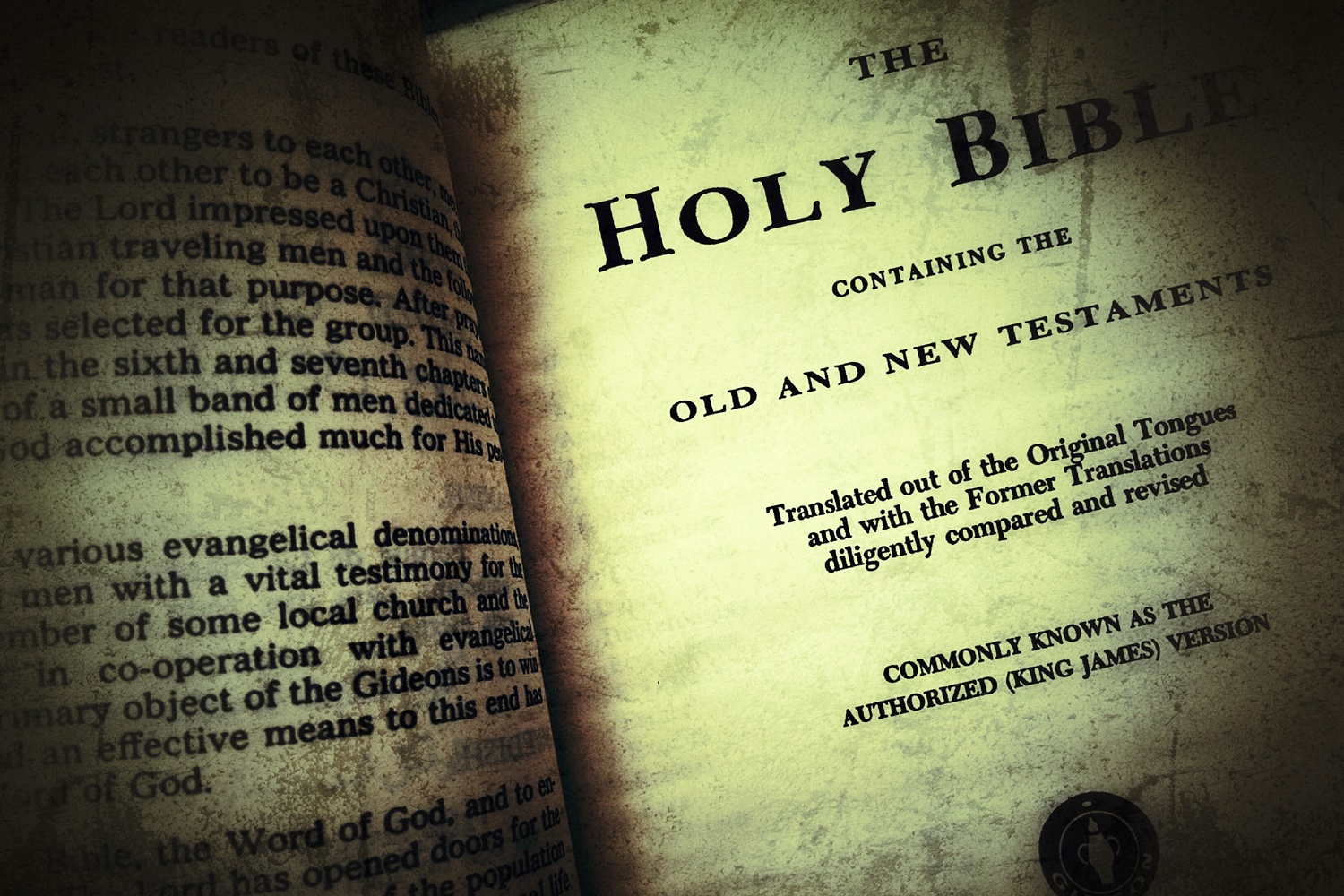We rightly translate the opening word of Gen 1:1 by the phrase “In the beginning.” However, this word also has two other possible understandings, “By wisdom” and “By the firstborn.” That is, in choosing this word as the Bible’s opening phrase, the author draws us into the text with a claim of God as creator and with a question about who or what he references here. While in this short post, I cannot dig into how one settles upon the intended meaning of this phrase, this uniting of a claim and a question beckons the reader to a particular position before the text: a humble position of meditating upon it day and night. Through this posture and our own wrestling with the Scripture’s claims and questions, we may understood God according to the Scriptures and trust Him.
This posture before God and His Word reverberates throughout all of the Scriptures, but two key moments model this paradigm. First, God commands Joshua, “Let not this book of the Torah be moved from your mouth, but meditate upon it day and night so that you will keep to do according to all that is written in it (Jos 1:8a).” As we see the conquest under Joshua yield until Israel’s eventual exile from the land (2 King 25), the overarching story teaches why Israel failed to stay in the land where God dwells: a lack of faith in God (2 Kin 17). That is, the author links Israel forgetting and losing the Torah to Israel losing faith in God. He teaches us that Israel’s lack of faith perfectly reflects our own troubles in sitting before the Scriptures humbly, obeying what it says fully, and trusting God completely. They did not understand it because they did not obey it, and they did not obey it because they did not truly understand it. Is there any man like that out there who truly obeys? Is there anyone who does meditate upon the Torah humbly and rightly so that He loves and obeys God perfectly? None of us measure up to such.
Second, in Psalm 1–2 God describes a blessed man who actually does what Joshua was supposed to do. He is a new “Joshua” and a “Son of David” who triumphs and leads Himself and His people to live forever with God. Everywhere Joshua failed, this man succeeds.
The blessings of the man who
does not walk in the counsel of the wicked ones,
and in the path of sinners he does not stand,
and in the seat of scoffers he does not sit.
But in the Torah of the Lord is his delight.
And in his Torah he meditates day and night.
And he will be like a tree planted by the streams of waters
which gives its fruit in its time.
And its leaves will not wither.
And everything that he does will prosper (Psa 1:1–3).
At the end of Psalm 2, this man’s blessing, his inheriting of the whole creation, can be enjoyed by all who seek refuge in him (Ps 2:12). In other words, any man can find this man’s hope by seeking refuge in him, trusting him. In the context of the whole Psalter, this blessed man is the Messiah, Jesus.
So, what do we do with this truth that we must meditate upon the Torah? What do we do with the fact that our failures echo Israel’s failures, day after day? What do we do with the haunting truth that in this world we will never perfectly position ourselves before the Scriptures and God?
We embrace the fact that God is the only hero, not us. As Gods’ Word and Spirit shape us and set our hearts upon heeding the Scriptures, God is revealed both when our hearts follow in faith and when we repent from our lack of faith. As we walk from faith to faith (even moment by moment), our lives in Christ uncover God’s righteousness, not our own (Rom 1:16–17). That is, the Scriptures mark our lives with a claim of 1) who God is (perfect, holy and good), 2) who we are (not good and broken beyond our own repair) and 3) what the cross does to redeem us and to return us to God so that we might question what He would have us do to stay close to Him, to walk from faith to faith.
Faith in Scripture’s claims and the questioning of these claims, therefore, do not oppose each other. Instead, faith and questioning work together to position us before God and His Word in a mode of discovery. For as long as we walk in this world, we can and should trust what we know from the Scriptures and also question that which lies beyond our grasp. Real, saving belief emerges in our conflicts because such struggles become the very means whereby faith forms into action. The dark, dying of the world frames the background to highlight the light and hope of God’s gospel through our trusting obedience … even into our repentance. And, in such repentance, there is life despite our many failures. God exiled Israel from the land not to destroy her but to save her. Only in exile could she find repentance and faith. Such faith binds our lives before and after becoming a part of Christ to the same truth claims and the same questions until His work is completed in us at our death. No matter how far we were from God, He can bring us back to Him; the arm of the Lord is not too short to save. Jesus, therefore, is our only hope because our obedience falls short. But, repentance is there because at each moment of life, Scripture calls us to trust His cross. Alas, for those who do trust Him, His Word claims that we will find His completed work in us in the end. No questions asked.
He is the image of the invisible God, the firstborn of all creation.
For by him all things were created, in heaven and on earth, visible and invisible, whether thrones or dominions or rulers or authorities- all things were created through him and for him.
And he is before all things, and in him all things hold together.
And he is the head of the body, the church.
He is the beginning, the firstborn from the dead, that in everything he might be preeminent.
For in him all the fullness of God was pleased to dwell, and through him to reconcile to himself all things, whether on earth or in heaven, making peace by the blood of his cross (ESV Col 1:15-20).




No Comments